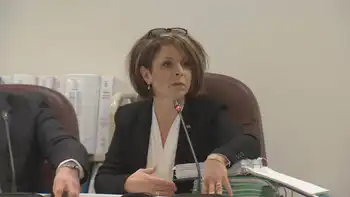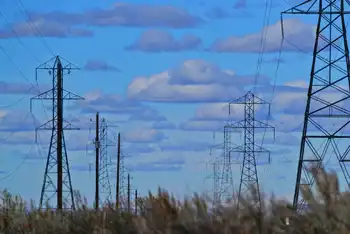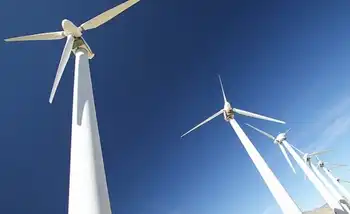Ontario backs converting coal plants to biomass
OPG plans to convert a power plant near Thunder Bay to burn wood pellets and possibly convert three other coal-fired plants as well.
Energy Minister George Smitherman said he's encouraging the move, which would allow the province to use an environmentally friendly energy source at the plants when it shifts away from coal in 2014.
"We have an opportunity to preserve the capital asset and use it for something else that's tremendously sound from an environmental standpoint," Smitherman said.
"It's pretty exciting, but (there's) a lot of work to do yet to figure out what is our capacity to have a stable, reliable, affordable supply."
Biomass is a clean energy that uses agricultural and forest waste, and one of the various technologies the province is considering as it tries to move towards greener power sources.
OPG issued a call to potential suppliers of biomass fuel and transportation services to try to assess whether there's enough wood residue and agricultural waste to be used as renewable energy, and how much it would cost to collect and deliver it.
"To date OPG's biomass program has consisted of minor coal-plant modifications and combustion tests," said Chris Young, vice-president of Fossil Projects, in making the announcement.
"Results have been encouraging using small quantities of biomass purchased on the spot market, but we need to explore the availability and cost of fuel."
Natural Resources Minister Donna Cansfield, who supports the biomass initiative, said she's looking for ways to turn available wood from Ontario's Crown forests into new investments and jobs.
Keith Stewart, an analyst with the World Wildlife Fund Canada, said substituting biomass for coal would be a great way to create green jobs while fighting climate change as long as the fuel is produced sustainably.
"Ontario is really well-positioned to get this right and make sure that the biomass is coming either from our forests or from our farmlands, is sustainable and is replacing coal, so it's really helping on the climate-change front," Stewart said.
"We'd need to see some pretty strict rules around how much can you take, how is it produced, how is it transported.
"It's going to take some clear rules and really listening to the science of this rather than just the politics."
Related News

Power customers in British Columbia, Quebec have faced fees for refusing the installation of smart meters
SAINT JOHN - NB Power customers who do not want a smart meter installed on their home could be facing a stiff fee for that decision, but so far the utility is not saying how much it might be.
"It will be based on the principles of cost causation, but we have not gotten into the detail of what that fee would be at this point," said NB Power Senior Vice President of Operations Lori Clark at Energy and Utilities Board hearings on Friday.
In other jurisdictions that have already adopted smart meters, customers not wanting to participate have faced hundreds…




